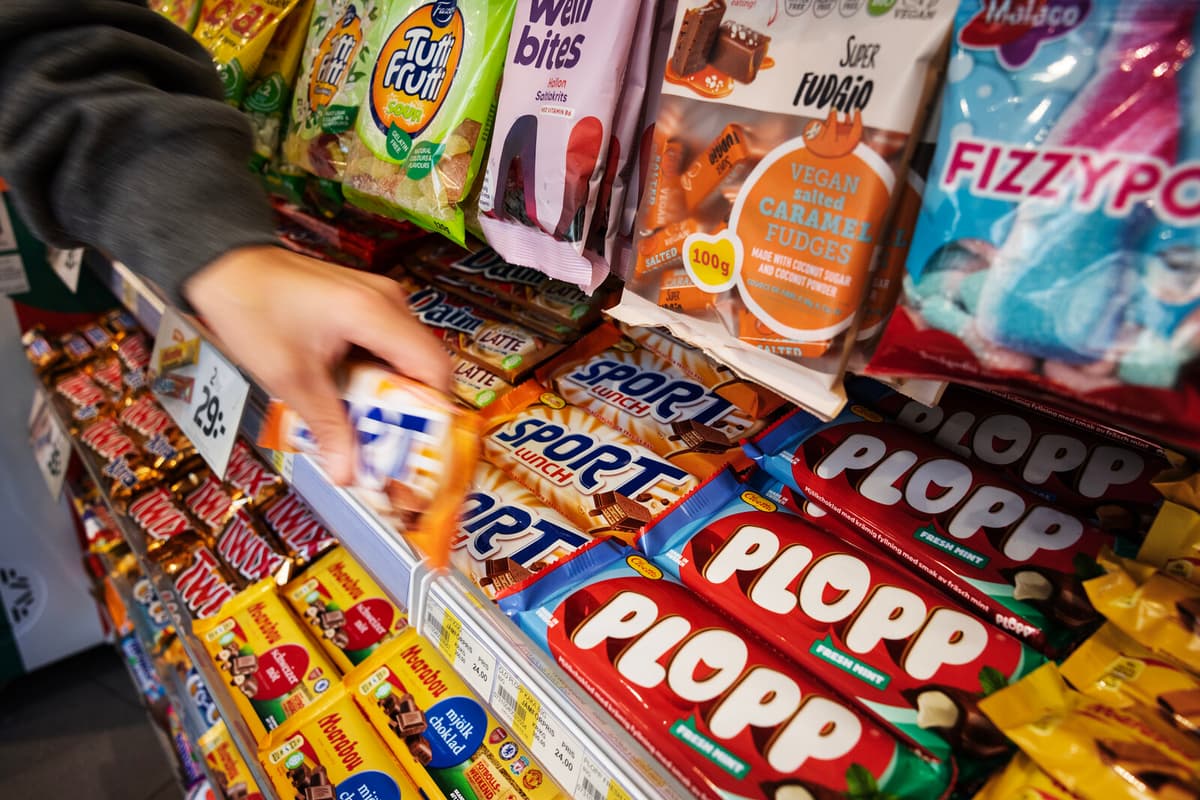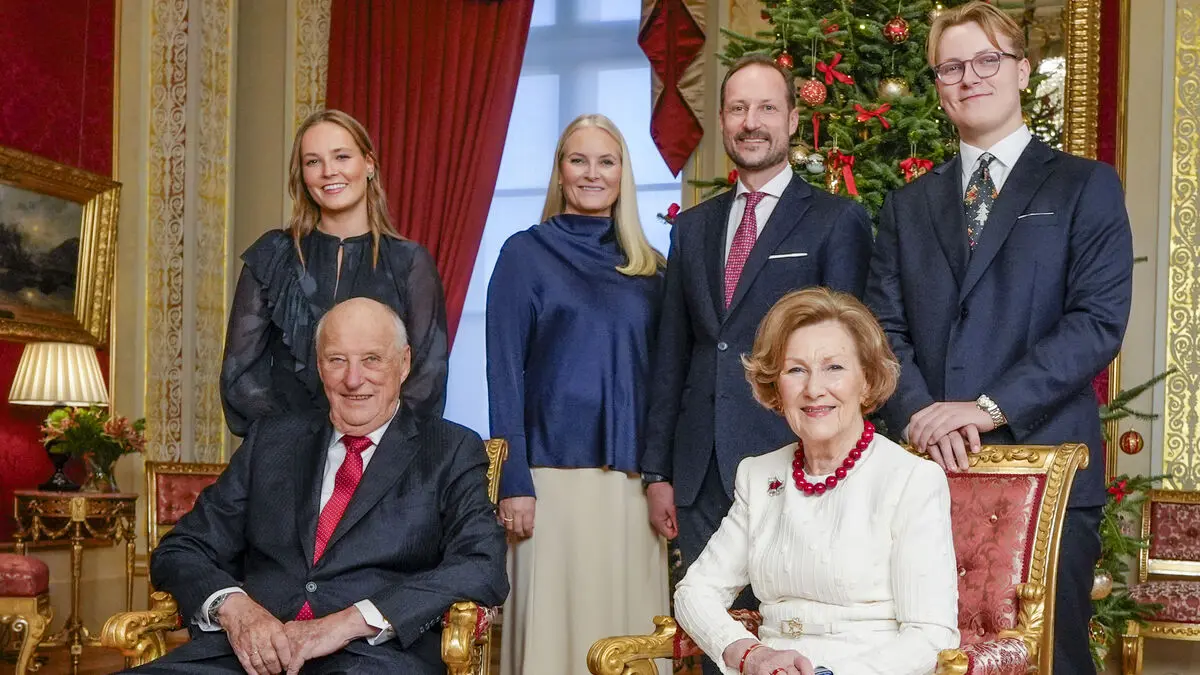It is on behalf of the government that the Public Health Agency and the National Food Agency have investigated how young Swedes can get better eating habits.
Measures are needed, they conclude. According to the investigation, more and more children and young people are affected by problems such as overweight, type 2 diabetes, and poor teeth due to what they eat.
As a countermeasure, they propose, among other things, an investigation into how to limit the advertising that children and young people are exposed to.
Advertising for unhealthy foods is extremely present and intrusive both digitally and physically. For many other unhealthy products, there are regulations, and it may be needed here as well, says the Public Health Agency's Director-General Olivia Wigzell.
Advertisement
Higher than average
The report shows that Swedish children's and young people's food consumption and meal environment have become increasingly worse. The consumption of, among other things, sugary drinks and energy drinks is higher than the European average, while the consumption of fruit and vegetables is lower.
It is not the children's responsibility for how they eat, and parents are extremely important in this, but they must get support. We need to create a society that facilitates healthy choices, says Wigzell.
Today, there are requirements for elementary schools to serve healthy food, something that may become more comprehensive.
We propose to investigate whether upper secondary schools and other forms of education for children should be subject to the same rules as elementary schools regarding serving healthy food, says Wigzell.
Advertisement
Ställa krav
Another proposal is to set requirements, for example, in the procurement of tax-funded activities to offer healthy choices.
If you go to a swimming hall, it becomes easier if there are healthy food options available, says Wigzell.
The report contains indicators and goals, one of which is to reduce the consumption of meat and charcuterie products.
We have identified that it is good if it decreases and that red meat is replaced with, for example, fish and protein from legumes, says Wigzell.
Advertisement
The proposals are now being submitted to the government.






